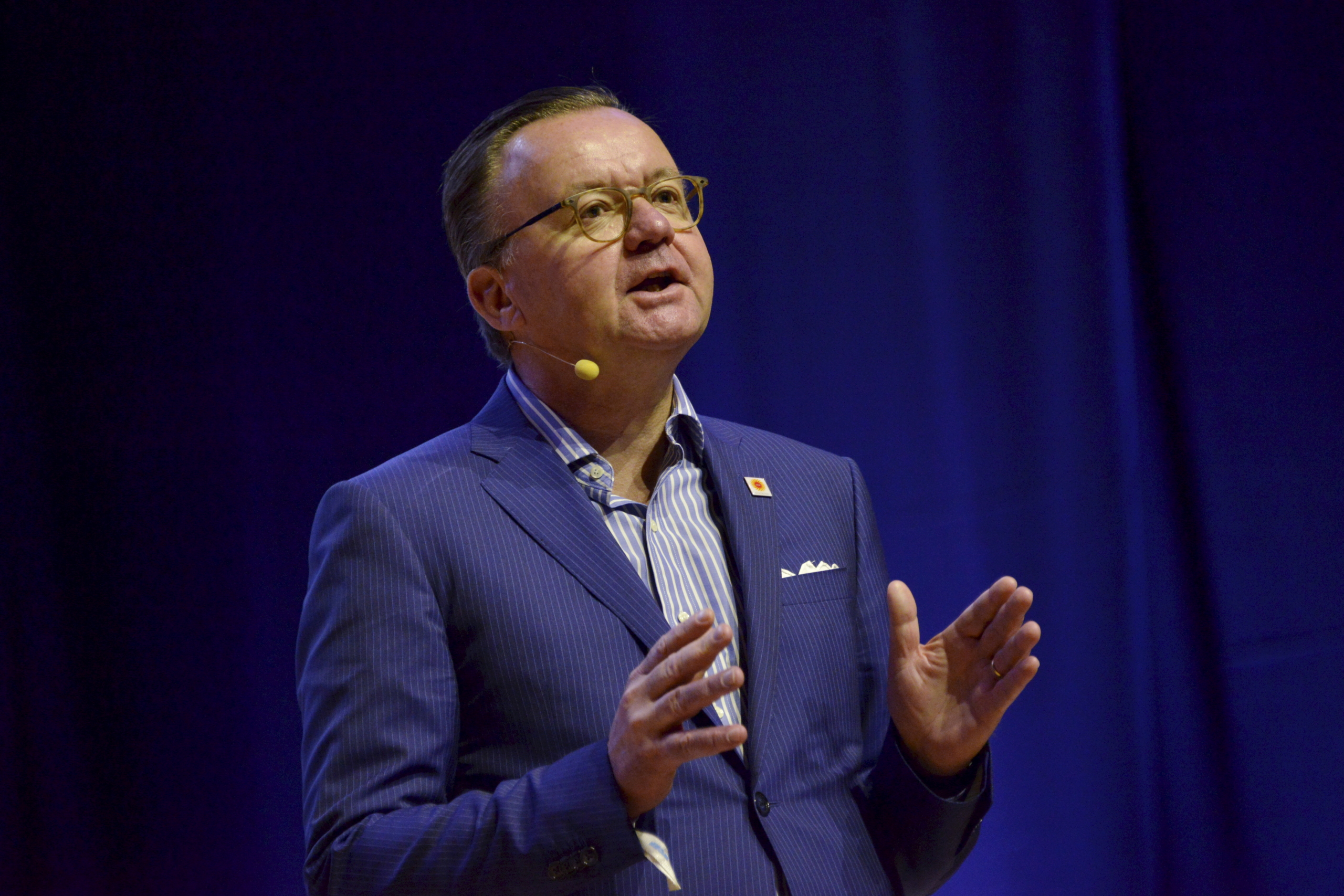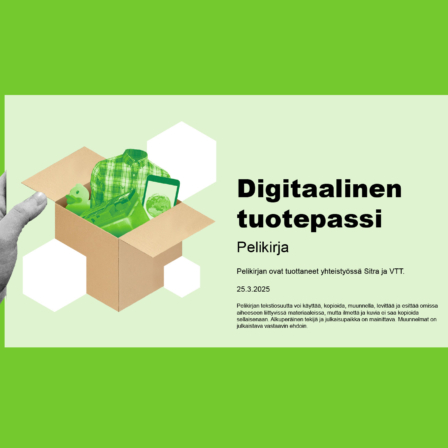The Nordic region is known for its trees. For centuries the largest industry has been forestry, but don’t think the sector has remained unchanged. Today wood is recognised as a versatile and renewable material for the 21st Century. The Finnish-Swedish firm Stora Enso is enthusiastic about what a tree can do.
Many materials we use today can be recycled, but they can’t be renewed, points out CEO Karl-Henrik Sundström. Wood, on the other hand, can be both recycled and renewed.
Today Stora Enso breaks down wood fibres into separate tiny components which can be rebuilt into new materials. They can be used to create cars, planes or even bottles.
“Moreover,” Sundström continues, “we can make materials intelligent, like packages that tell us where they’ve been, where they are, what’s inside and if its fresh.”
“We’re even working on solar panels and paper which can store energy – all made from wood.”
Sustainable fashion
The fashion house Filippa K brings a circular economy philosophy to their processes. Sustainability manager Elin Larsson works closely with their sourcing and supply chain personnel to make sure their raw materials and production has a minimal environmental impact. They even have a sustainable wool sourcing strategy.
She would like to see more recycled materials used in Filippa K’s products, and she isn’t thinking of old textiles. Larsson plans for such things as milk fibres, coffee grounds and even plastic reclaimed from waste water to be used in their products.
Waste to profits
Neste also believes that waste can be a valuable raw material. The Finnish corporation is transitioning itself from an oil refining company to a circular company and is today the largest biodiesel producer in the world.
“Our raw materials are waste products like cooking oil,” says Neste CEO Matti Lievonen. “Our renewable diesel is sold in Europe and North America while our solutions are being used by California cities and companies like Google.”
Lievonen says what Neste does is important for future generations, but it is also important for their current shareholders. Currently Neste makes more profit from renewables than from fossil fuels, and he says this trend will only continue.
“We are not just creating renewable fuels. We also want to replace oil-based materials such as plastic with renewables. We are now partnering with IKEA to create such materials,” explains Lievonen.
Flat packing circular solutions
At IKEA, the guiding philosophy is that “being less bad” is not enough. Instead they want to transform every aspect of their business, from the raw materials for their products to how they operate. They are key players in LAUNCH Nordic, a program which seeks to accelerate the transition to a more sustainable society through innovation, industry collaboration and global systems mobilisation.
“We are too small to create change ourselves,” says Håkan Nordkvist, head of sustainability innovation at IKEA. “We have to work together with NGOs, small companies and government organisations. If an organisation is accepted into the program they are part of the ecosystem and receive our commitment. You can be small but still be significant innovators.”
Through a variety of technologies and processes the companies in the Nordic region are positioning themselves to be real leaders in the global circular revolution. This will bring benefits to consumers, shareholders and even those yet to be born.


















Recommended
Have some more.